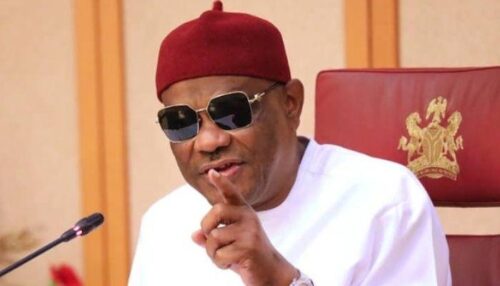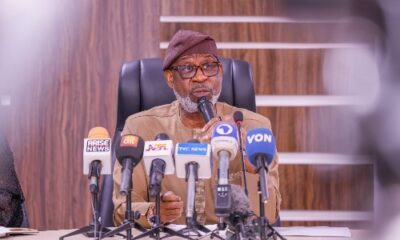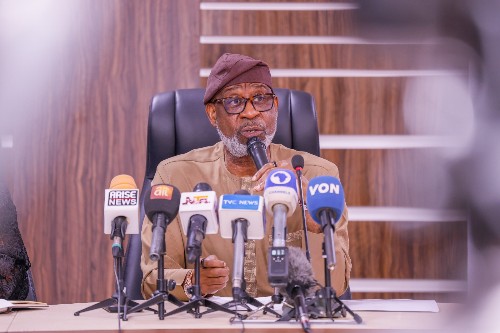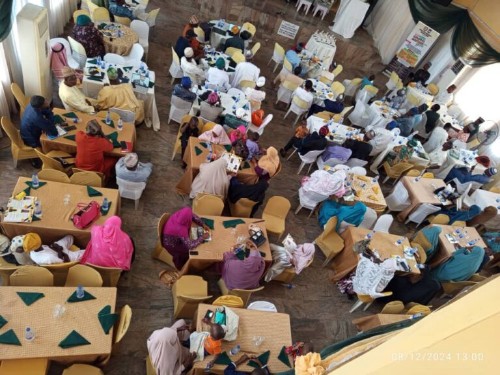After more than five years of security restriction, the Federal Government has lifted the ban on mining exploration activities in Zamfara State, citing significant improvements in the security situation across the state.
Making the announcement during a press briefing at the weekend, the Minister of Solid Minerals Development, Dr. Dele Alake stated that the nation has a lot to gain from reawakened economic activities in a highly mineralised state like Zamfara that is imbued with vast gold, Lithium, and copper belts. He noted that the previous ban, which was good intentioned, inadvertently created a vacuum exploited by illegal miners to fleece the nation of its resources. He emphasized that the state’s potential for contributing to national revenue is enormous.
It will be recalled that in 2019, the federal government imposed a total ban on mining activities in Zamfara State due to the escalating security concerns, particularly the links between banditry and illegal mining.
Since the beginning of the Tinubu administration, however, intelligence-driven, coordinated security operations have resulted in the neutralization of key bandit commanders, significantly reducing incidents of insecurity. A recent success was the capture of one of the most wanted bandit commanders, Halilu Sububu, in a covert operation in Zamfara.
“The existential threat to lives and properties that led to the 2019 ban has abated. The security operatives’ giant strides have led to a notable reduction in the level of insecurity, and with the ban on exploration lifted, Zamfara’s mining sector can gradually begin contributing to the nation’s revenue pool,” Alake asserted.
The minister added that the lifting of the ban would also facilitate better regulation of mining activities in the state. This will enable more effective intelligence gathering to combat illegal mining and ensure the country benefits from the state’s rich mineral resources.
Commending members of the fourth estate of the realm for championing the propagation of reforms and initiatives of the ministry in 2024, Alake noted that the press have been key allies in efforts to sanitise the mining sector, and promote market reforms which have made the industry attractive to indigenous and foreign investors.
On the recent controversy surrounding the Memorandum of Understanding (MOU) with France, Alake reaffirmed the Federal Government’s position that the agreement does not imply Nigeria is relinquishing control over its mineral resources or entering into any military pact with France. He emphasized that Nigeria’s military remains fully capable of safeguarding the nation’s territorial integrity.
“The high point of the MOU is on training and capacity building for our mining professionals. We need all the assistance we can get in terms of capacity, technical, and financial support from abroad, and that wasn’t even the first we are signing. We’ve signed similar ones with Germany and Australia. Deliberate peddling of misinformation, despite facts to the contrary, is uncalled for, “the minister emphasised.
Dr. Alake also urged the media to continue to play its crucial role in educating the public about government policies in order to prevent ignorance, mischief, and the spread of misinformation.
Looking ahead to 2025, the minister hinted at upcoming policy initiatives aimed at revitalizing the mining sector. He revealed that the ministry plans to further consolidate reforms, enhance the enabling environment for investments, and continue efforts to reposition the sector for long-term, sustainable growth.
Segun Tomori, FSCA
Special Assistant on Media
to the Honourable Minister of Solid Minerals Development
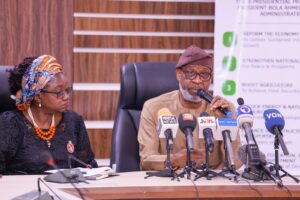
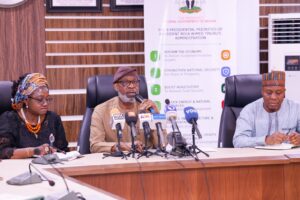

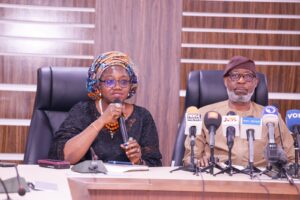
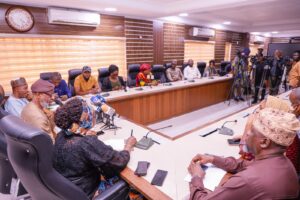
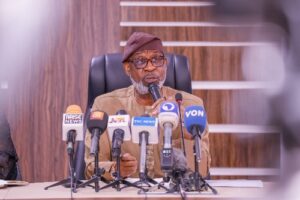

 BIG STORY4 days ago
BIG STORY4 days ago
 BIG STORY5 days ago
BIG STORY5 days ago
 BIG STORY2 days ago
BIG STORY2 days ago
 BIG STORY3 days ago
BIG STORY3 days ago
 BIG STORY4 days ago
BIG STORY4 days ago
 BIG STORY3 days ago
BIG STORY3 days ago
 BIG STORY4 days ago
BIG STORY4 days ago
 BIG STORY3 days ago
BIG STORY3 days ago




